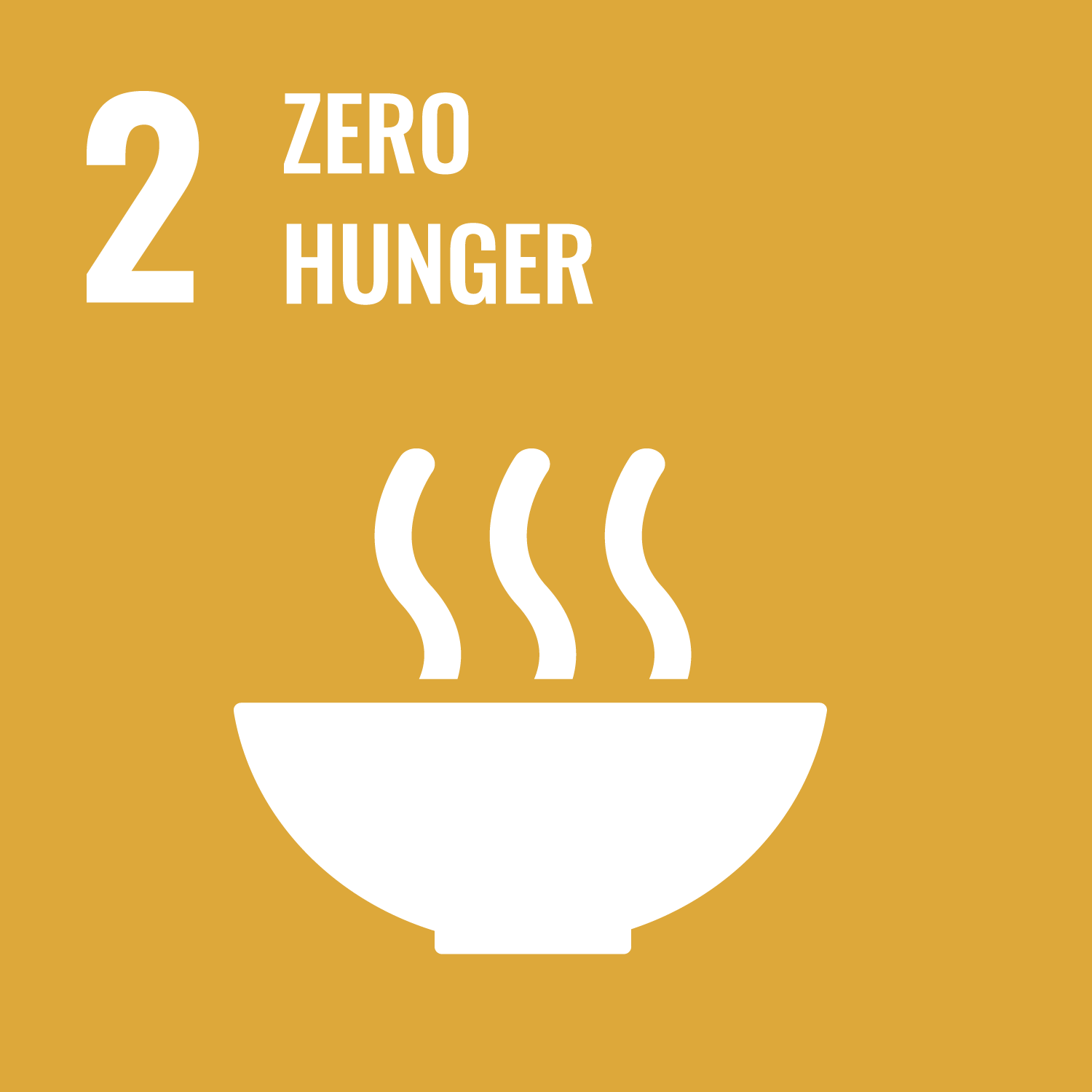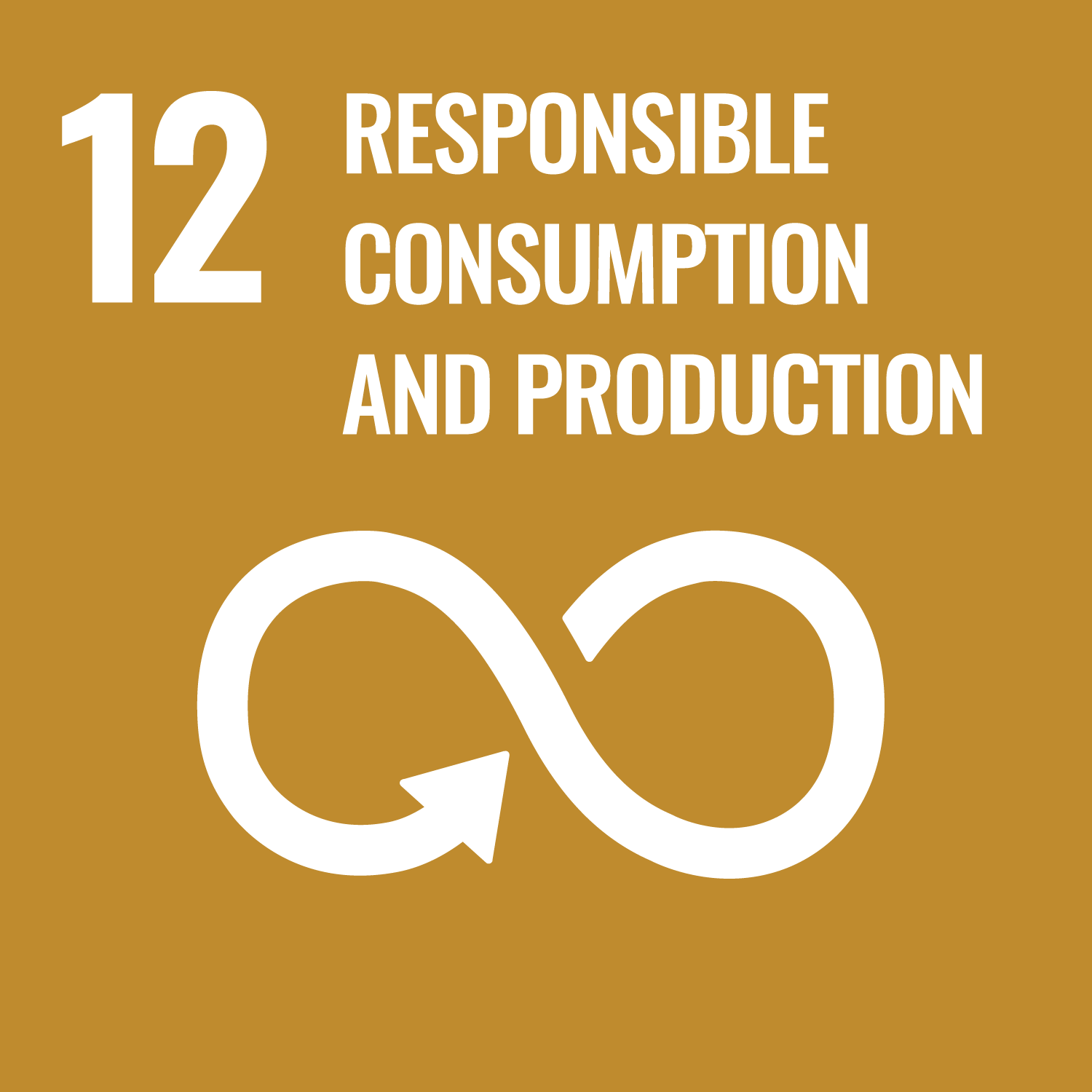Kumar, R., Bhardwaj, A., Singh, L.P. et al. (3 more authors) (2024) Comparative life cycle assessment of environmental impacts and economic feasibility of tomato cultivation systems in northern plains of India. Scientific Reports, 14 (1). 7084. ISSN 2045-2322
Abstract
To meet the growing demand for vegetable production and promote sustainable agriculture, it is imperative to implement effective input management and adopt eco-friendly farming practices. This study aims to compare the environmental impacts of conventional and organic tomato cultivation in the northern plains of India. This study utilizes SimaPro 9.1.1 software for a comprehensive cradle-to-farm gate Life Cycle Assessment (LCA), assessing production stages, identifying key environmental factors, and incorporating ReCiPe Midpoint and Endpoint methods with one-hectare as a functional unit. Findings reveal that conventional cultivation is more affected by fertilizer application and transplanting, while organic cultivation emphasizes transplanting and irrigation. Organic cultivation contributes 904.708 kg CO2, while conventional cultivation contributes 1307.917 kg CO2 to Global Warming potential. Switching to organic cultivation leads to a significant 35.04% decrease in all impact categories. Using the endpoint method, organic cultivation achieves a notable 27.16% reduction, scoring 58.30 compared to conventional cultivation's 80.04. The LCA analysis of tomato cultivation highlights Fertilizer application as the predominant environmental concern, emphasizing the need for sustainable techniques to minimize waste and mitigate environmental impacts. This study recommends imposing restrictions on fertilizer and pesticide use and formulating effective policies to promote the adoption of sustainable practices.
Metadata
| Item Type: | Article |
|---|---|
| Authors/Creators: |
|
| Copyright, Publisher and Additional Information: | © 2024 Springer Nature Limited This article is licensed under a Creative Commons Attribution 4.0 International License, which permits use, sharing, adaptation, distribution and reproduction in any medium or format, as long as you give appropriate credit to the original author(s) and the source, provide a link to the Creative Commons licence, and indicate if changes were made. The images or other third party material in this article are included in the article's Creative Commons licence, unless indicated otherwise in a credit line to the material. If material is not included in the article's Creative Commons licence and your intended use is not permitted by statutory regulation or exceeds the permitted use, you will need to obtain permission directly from the copyright holder. To view a copy of this licence, visit http://creativecommons.org/licenses/by/4.0/. |
| Keywords: | 41 Environmental Sciences; 4104 Environmental Management; Clinical Research; 2 Zero Hunger; 12 Responsible Consumption and Production; Animals; Solanum lycopersicum; Fertilizers; Carbon Dioxide; Feasibility Studies; Environment; Agriculture; India; Life Cycle Stages |
| Dates: |
|
| Institution: | The University of Leeds |
| Depositing User: | Symplectic Publications |
| Date Deposited: | 07 Aug 2024 11:20 |
| Last Modified: | 07 Aug 2024 11:20 |
| Published Version: | http://dx.doi.org/10.1038/s41598-024-57623-9 |
| Status: | Published |
| Publisher: | Springer Nature |
| Identification Number: | 10.1038/s41598-024-57623-9 |
| Related URLs: | |
| Sustainable Development Goals: | |
| Open Archives Initiative ID (OAI ID): | oai:eprints.whiterose.ac.uk:215836 |


 CORE (COnnecting REpositories)
CORE (COnnecting REpositories) CORE (COnnecting REpositories)
CORE (COnnecting REpositories)